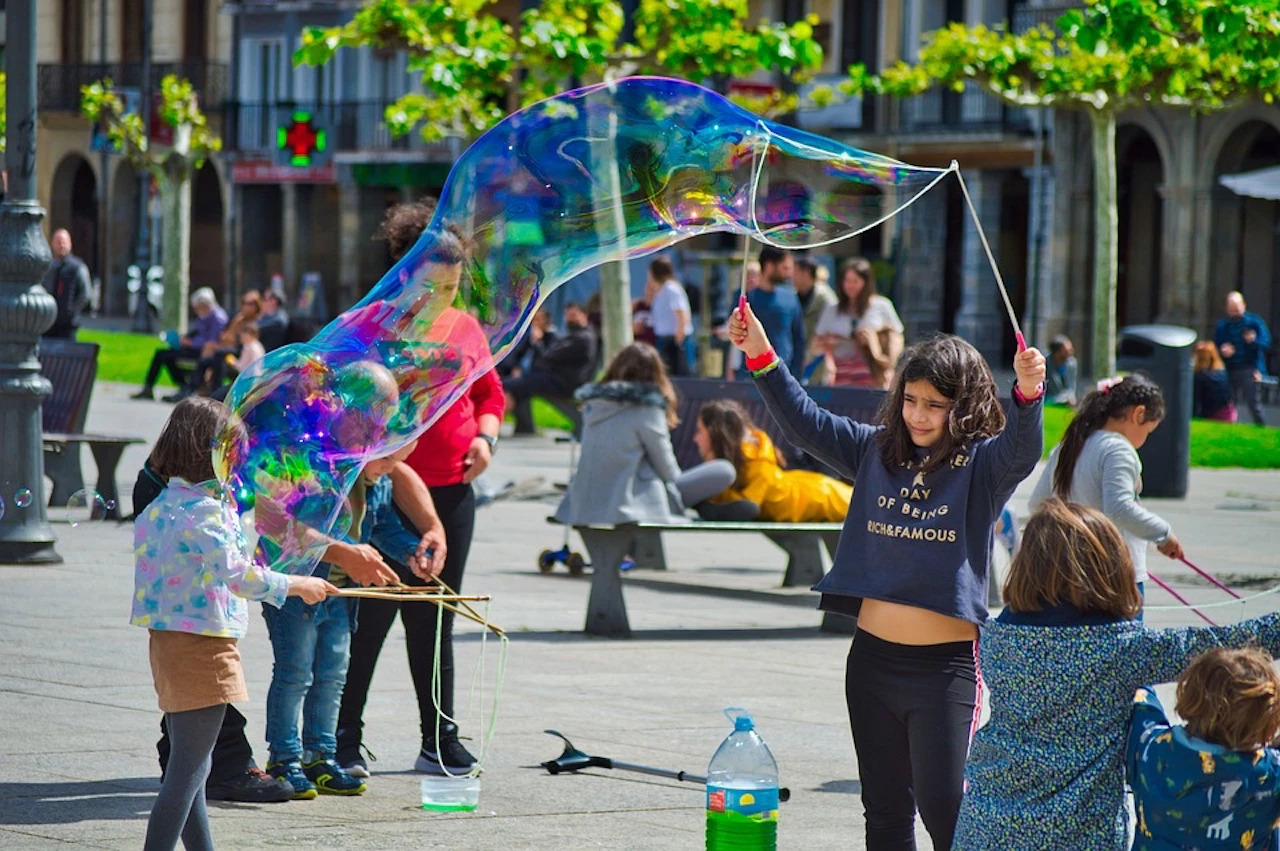
Partner Article
Six Pillars of Success: CACI and P-THREE reveal what it takes to create resilient places
Research conducted by CACI, the consumer and location intelligence specialist, and P-THREE, the specialist real estate agency and consultancy focused on mixed-use development and prime retail and leisure leasing, has revealed the six components critical for ensuring the UK’s towns, cities and retail destinations remain relevant for their communities.
The report – Six Pillars of Success: Building Resilient Places – evaluates what places typically provide against what consumers actually need and want, and has identified a disconnect.
The research found that spend is increasingly coming from the 15-minute community; more than 75% of revenue emanates from the local population for eight out of 13 asset types, including major town centres, retail parks, and suburban centres. Yet 52% of locations are over spaced for retail and, with comparison goods spend online expected to exceed offline by 2030 (at 51%), there is a clear need for retail-led destinations to evolve, which the report has characterised as six pillars that will help places thrive:
Right sizing retail: Given 37%[1] of the population actively seek out independents over chains, curating the right blend of national chains and independents to reflect local identities is key, and this can be achieved through rightsizing and a different approach to tenant line-up
Unique offline experiences: These are uniquely offline experiences that cannot be replicated in-home. Beyond the event itself, great F&B and leisure provision provides customers with halo benefits that contribute to an enlivened place: leisure users spend 52% more on retail and catering over the course of a year at a shopping location than a non-leisure user and travel 8% further to visit. Similarly, F&B users spend 38% more compared to non-catering users
Community spaces to love: Optimising the relationship between supply and demand across amenities such as civic services, social services, community services, education, health, and beauty will allow commercial landlords to plug gaps in the community. While these may not deliver the same levels of direct rental income as retail or F&B, the footfall and social value benefits will recover some of the potential value lost in rent
Supporting social cohesion through better residential design: When moving home, 50%[2] of people move within two miles of their previous address, so residential units should closely align to the needs of the local community and offer the right types, tenures, sizes and price points to fill supply gaps. 1.2m new homes have been added to the Royal Mail address file over the last five years, but they are not evenly distributed across regions and demographic groups. So getting the balance of delivering the right homes in the right places is a key way that the built environment can support community resilience
Working near home: 29%[3] of the UK population work in office jobs with the potential to work from home at least some of the time, with three office days per week being the average. Yet for all its convenience, our homes may not always make the best place to work. The notion of “working from home” may better translate into “working near home” instead. At the right price, 46%[4] of office workers would consider taking a flexible desk in their local area. Understanding local demand levels could unlock the potential for coworking provision
Creating great places: Not only does the place need to provide conveniently located and sought after shops, services and amenities, it must embody a public realm that encourages visitors to dwell and explore. It is not surprising that, when people rate the physical environment 5/5, they spend 26%[5] more than those who rate it 3/5. In addition to improving visitors’ experiences, sustainably built places enhance the environment by encouraging biodiversity, carbon capture and creating greener spaces to spend time in
Tolga Necar, Principal Consultant at CACI, commented: “Property only has value and purpose when it relates to people, and these six pillars identify everything a place needs to serve its community effectively. Breaking the ‘clone town’ mould requires a bespoke approach and balance is key. Plenty of places, new and old, are doing this effectively, so the ones highlighted in this report serve as a great roadmap for the UK as a whole.”
Justin Taylor, Co-Founder of P-THREE, added: “Many of the projects we work on arise from the need to unravel the oversupply of underperforming retail space in towns, cities and centres that have lost their identity, purpose, and connection with their communities. Resilience is within our grasp, but we must be thinking beyond the traditional commercial drivers to create balanced communities that will thrive for the long-term.”
This was posted in Bdaily's Members' News section by Nick Thornton .
Enjoy the read? Get Bdaily delivered.
Sign up to receive our popular morning London email for free.








 Putting in the groundwork to boost skills
Putting in the groundwork to boost skills
 £100,000 milestone drives forward STEM work
£100,000 milestone drives forward STEM work
 Restoring confidence for the economic road ahead
Restoring confidence for the economic road ahead
 Ready to scale? Buy-and-build offers opportunity
Ready to scale? Buy-and-build offers opportunity
 When will our regional economy grow?
When will our regional economy grow?
 Creating a thriving North East construction sector
Creating a thriving North East construction sector
 Why investors are still backing the North East
Why investors are still backing the North East
 Time to stop risking Britain’s family businesses
Time to stop risking Britain’s family businesses
 A year of growth, collaboration and impact
A year of growth, collaboration and impact
 2000 reasons for North East business positivity
2000 reasons for North East business positivity
 How to make your growth strategy deliver in 2026
How to make your growth strategy deliver in 2026
 Powering a new wave of regional screen indies
Powering a new wave of regional screen indies